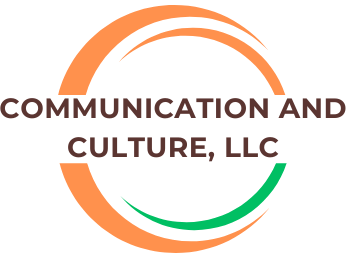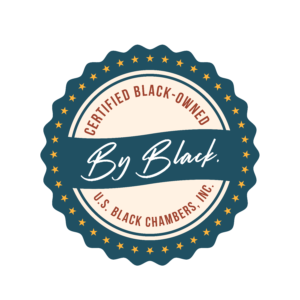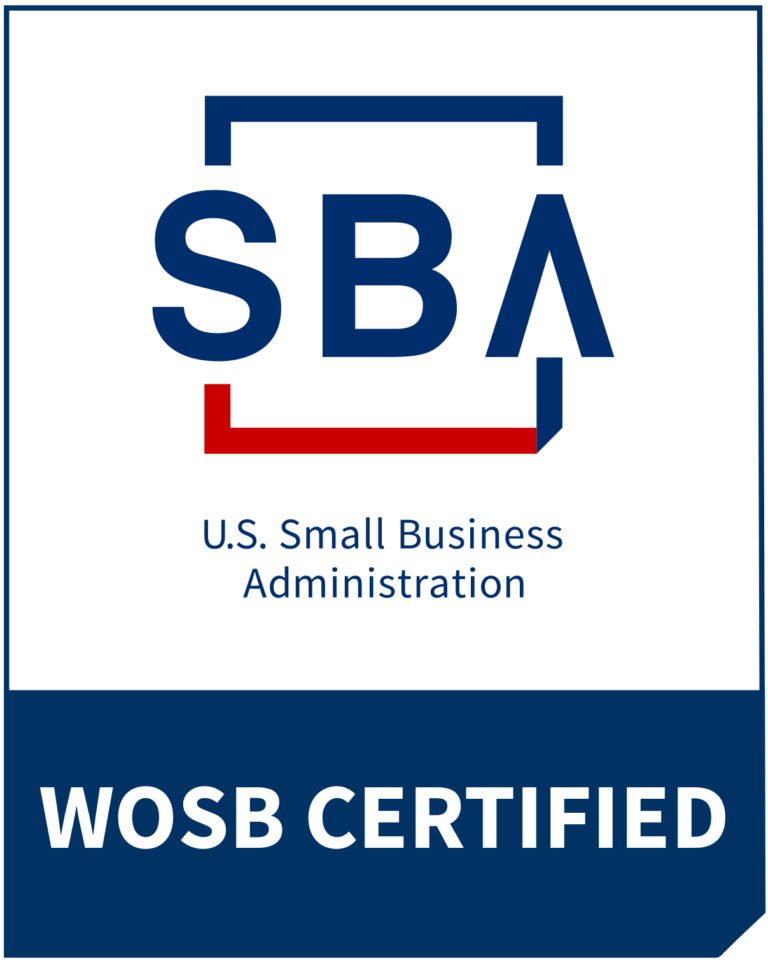The subtle ways in which we gain advantage often go unnoticed. We prefer to attribute our success to academic preparation, natural talent, and hard work. The use of the word “privilege” results in defensiveness. Yet, privilege exists. Diversity, Equity, and Inclusion advocates often receive resistance to efforts to illustrate how privilege works among the top 1 percent. Exploring subtle ways in which privilege plays out on the other end of the continuum may help individuals recognize its role in their success.
As a person of African descent who has lived in one of the most financially impoverished but diversely rich communities in Guyana, I must look with intention to see how privilege has worked in my life. After migrating to the U.S. at six months old, I found myself at age six living in a 400-square-foot home surrounded by much larger homes of family and friends in Section “C” Christianburg.
Sixteen years later I secured my first position as a journalist working for one of the top publishing companies in Washington, DC. The position enabled membership in National Press Club and credentials to cover events on Capitol Hill and the White House. I felt my academic preparation, natural love of words, and work ethic propelled my career forward.
Then one day I had lunch with my editor-in-chief. He was proud of my growth. So much so that he encouraged me to take advantage of the tuition remission program to complete a master's degree. During our conversation, I learned that the address on my letter of application was in the same zip code as his.
I wonder what I would be doing today had I applied from Lot 16 Section “C” Christianburg, Linden, Guyana.
How has privilege and unconscious bias helped or hindered your career?




